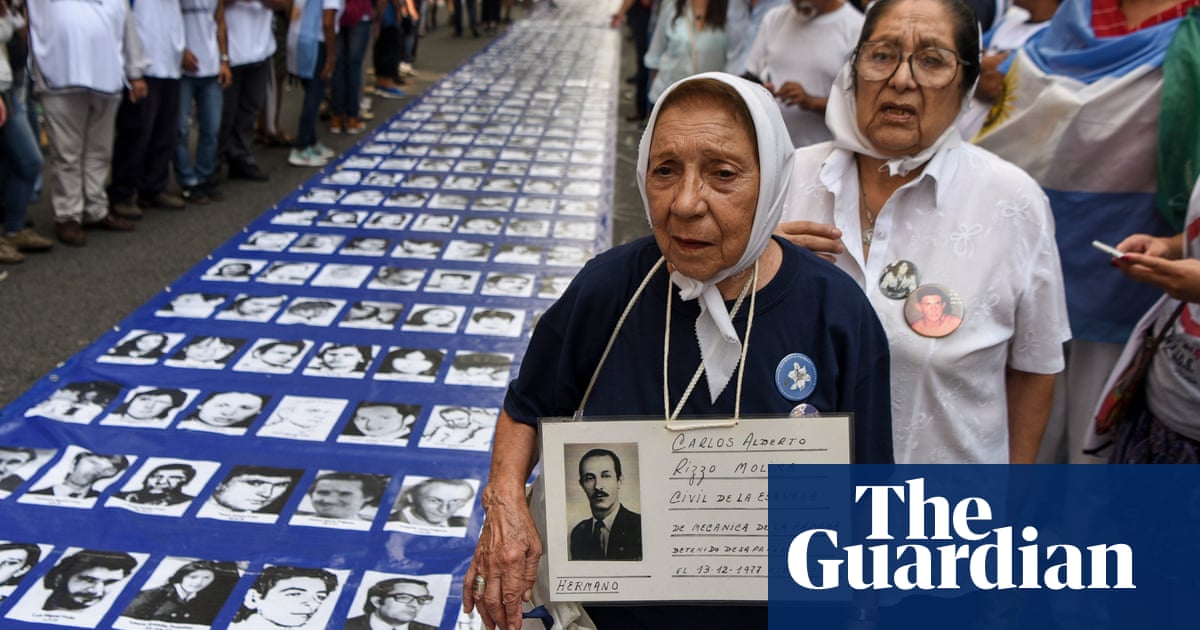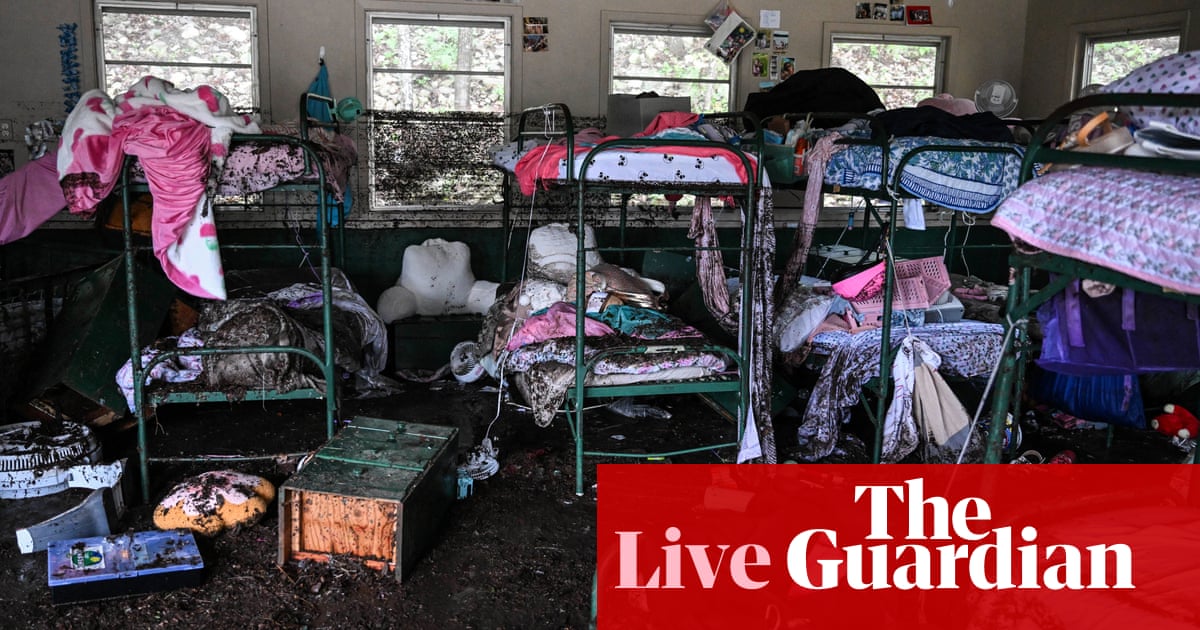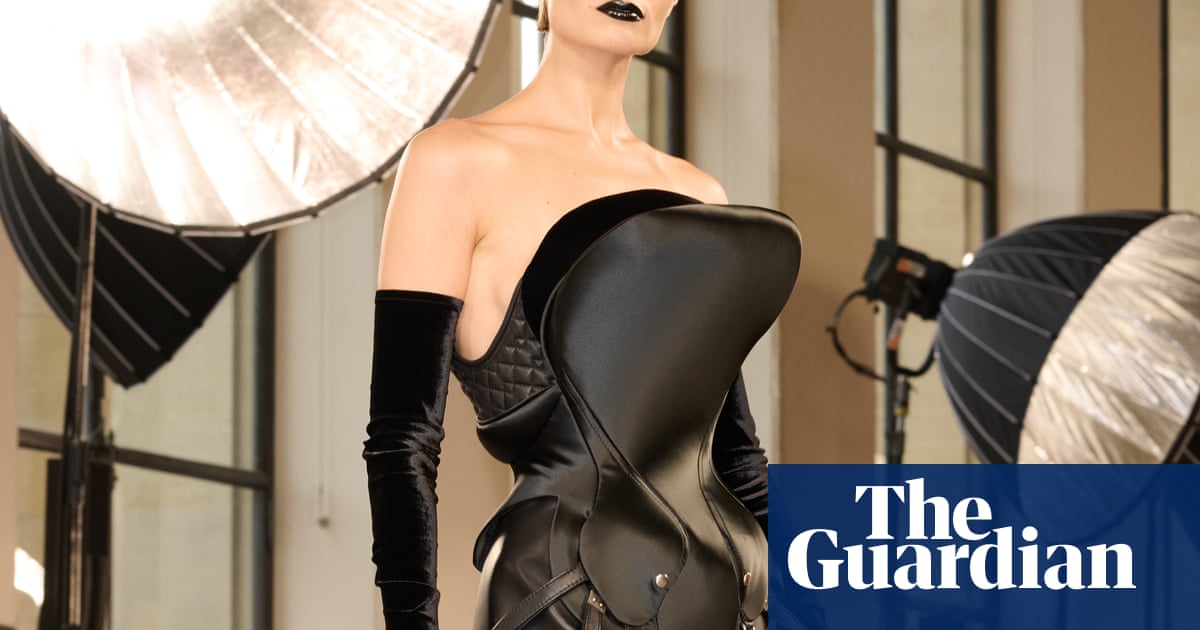Megan Hunter’s remarkable debut, The End We Start From, was a dystopic novella about an unnamed woman navigating new motherhood after an apocalyptic flood (Jodie Comer starred in the 2023 film adaptation). Written in staccato fragments and interspersed with excerpts from creation myths from around the world, it was spare, precise and often startlingly beautiful, a kind of prose poem that held much of its horror and tenderness in the silences Hunter opened up between her sentences.
Set over six separate days that span six decades, her third novel, Days of Light, is also structured around the spaces in a story. Stylistically and in spirit, however, it owes less to the work of Jenny Offill and Angela Carter than to the shattered English idylls of novels such as Ian McEwan’s Atonement or Graham Swift’s Mothering Sunday. It is 1938 and 19-year-old Ivy is living with her artist mother, Marina, and Marina’s mostly homosexual and openly unfaithful lover, Angus, at Cressingdon, a charming farmhouse on the edge of the South Downs. Hunter was loosely inspired by Bloomsbury group stalwarts Vanessa Bell and Duncan Grant and their Sussex home, Charleston, and, while she does not cleave to their histories, echoes of their lives ripple through the book. Bell and Grant’s daughter Angelica was, like Hunter’s Ivy, born on Christmas Day 1918. Grant’s former lover David “Bunny” Garnett was there and wrote to Lytton Strachey marvelling at the baby’s remarkable beauty. “I think of marrying it,” he mused. “When she is 20 I shall be 46 – will it be scandalous?” Bunny and Angelica married in 1942, when she was in her mid-20s.
These disconcerting events are referenced in Days of Light, with Ivy’s parents’ old friend (and Angus’s one-time lover) Bear, a handsome writer with the “hair of a matinee idol”, but Hunter does not set it at the heart of the story. Instead, the novel is driven by a devastating – and entirely fictional – tragedy that unfolds in its opening pages. It is Easter Sunday and Ivy’s extended family has gathered at Cressingdon for lunch. War rages in Spain and a second war with Hitler’s Germany looms, but in Sussex the horrors of the world seem very far away. The weather is glorious and Joseph, Ivy’s beloved older brother, is in love. He glows as he introduces Frances to his family. That evening, he and Ivy run down to the icy river to swim. “They had not gone to church but would do this: lower themselves into water, immerse themselves in it, their own kind of baptism.” Bewitched by a strange light, Ivy does not see Joseph disappear under the water. He never resurfaces.
How does so shattering and inexplicable a loss shape a life? Over five more April days, starting with Joseph’s funeral, Hunter chronicles Ivy’s struggles towards a reckoning with it and with herself.
The early parts of the novel are a vividly immersive delight. The world of 1930s bohemian privilege is well-trodden literary ground, but Hunter summons it afresh, evoking with exquisite precision this vanished world and the devastation of loss. The food at Joseph’s funeral, “tiny sea creatures … suspended in jellies”, is as carefully particular as Ivy’s disorientation, “the air of the world seeming to hold her too briefly before passing her by”.
As the years pass, though, the book loses some of its early momentum. Novels like David Nicholls’s One Day may make it look easy, but a satisfying narrative that contains itself to only a handful of days is extremely hard to pull off. It demands the rigour that Hunter displayed to such striking effect in The End We Start From, in distilling a story to its purest essentials and in trusting the reader to imagine what comes in between. The passing of time becomes itself a vital part of the plot.
In Days of Light, Hunter chooses days that seem at first glance unremarkable, but turn out to be the pivots on which Ivy’s life turns. The most ordinary of tasks – caring for small children, shopping for gloves – can, as Virginia Woolf proved with Mrs Dalloway, contain multitudes, but Hunter’s carefully accreted detail too often clogs the narrative. Ivy, a perspicacious observer, is a frustratingly passive protagonist, at least on the page. It is never quite clear how the young woman we meet at the start of the novel, a self-confessed nobody in a family of exceptional somebodies, a girl content to float along on a current of other people’s making, grows into the kind of person who will upend her life in profound and transgressive ways. Though it is Ivy’s eyes through which we see this story, her heart remains elusive, always just out of reach.

 2 months ago
79
2 months ago
79

















































